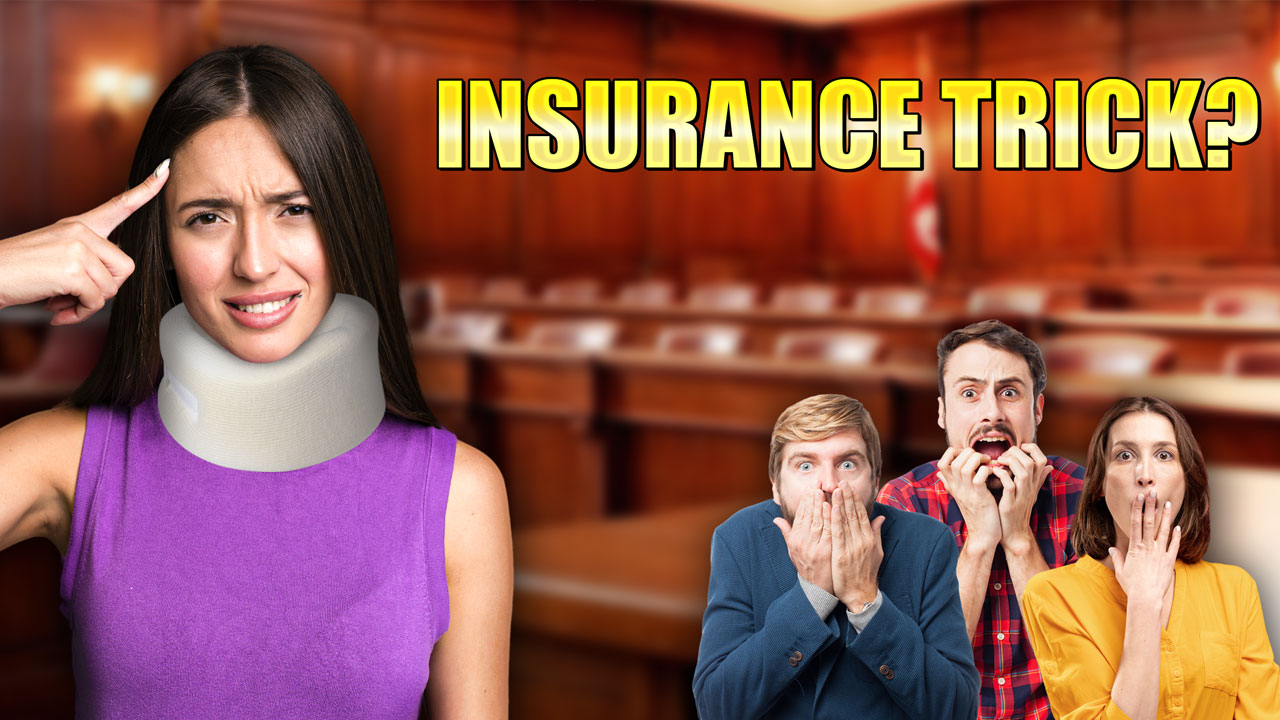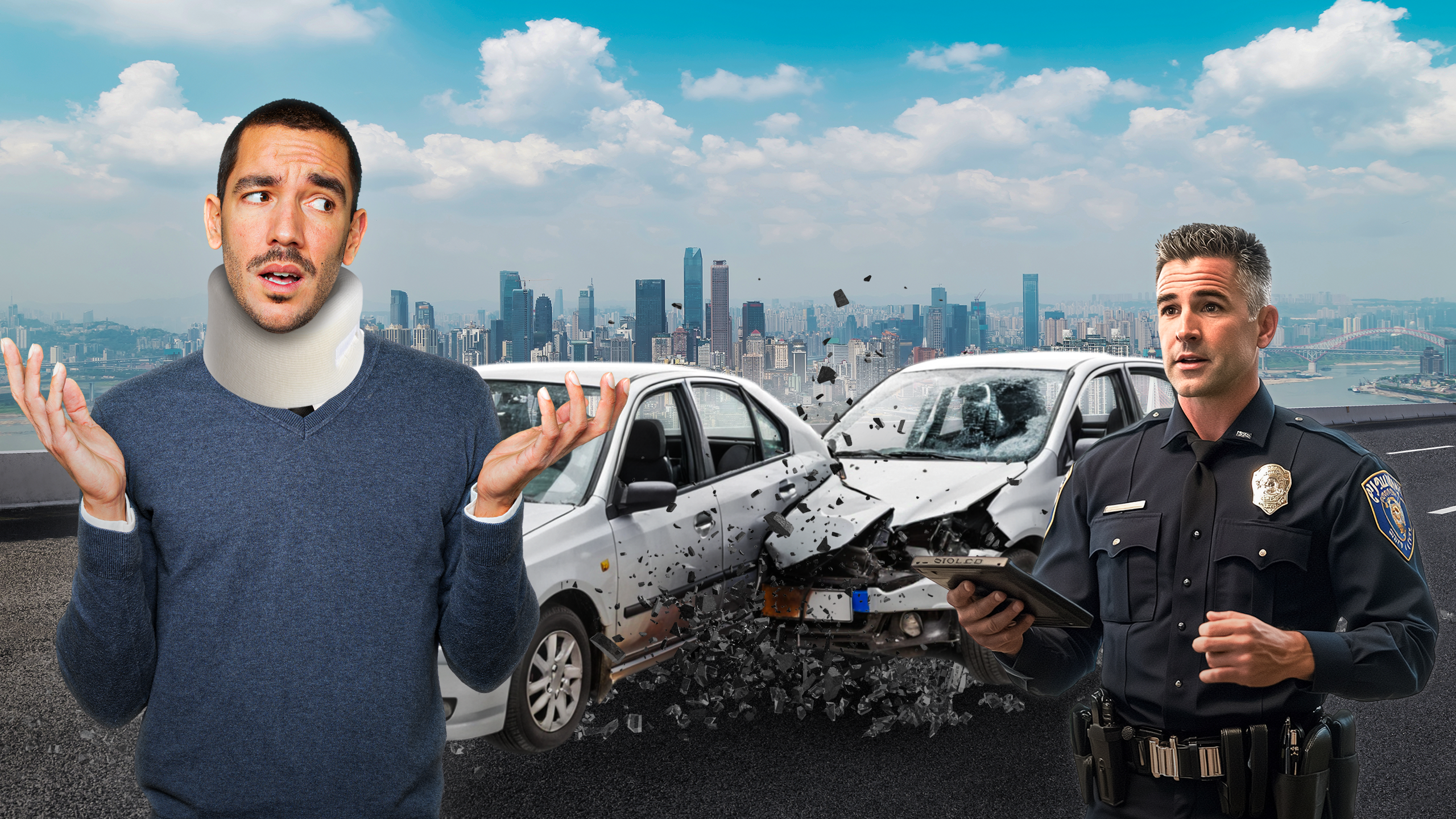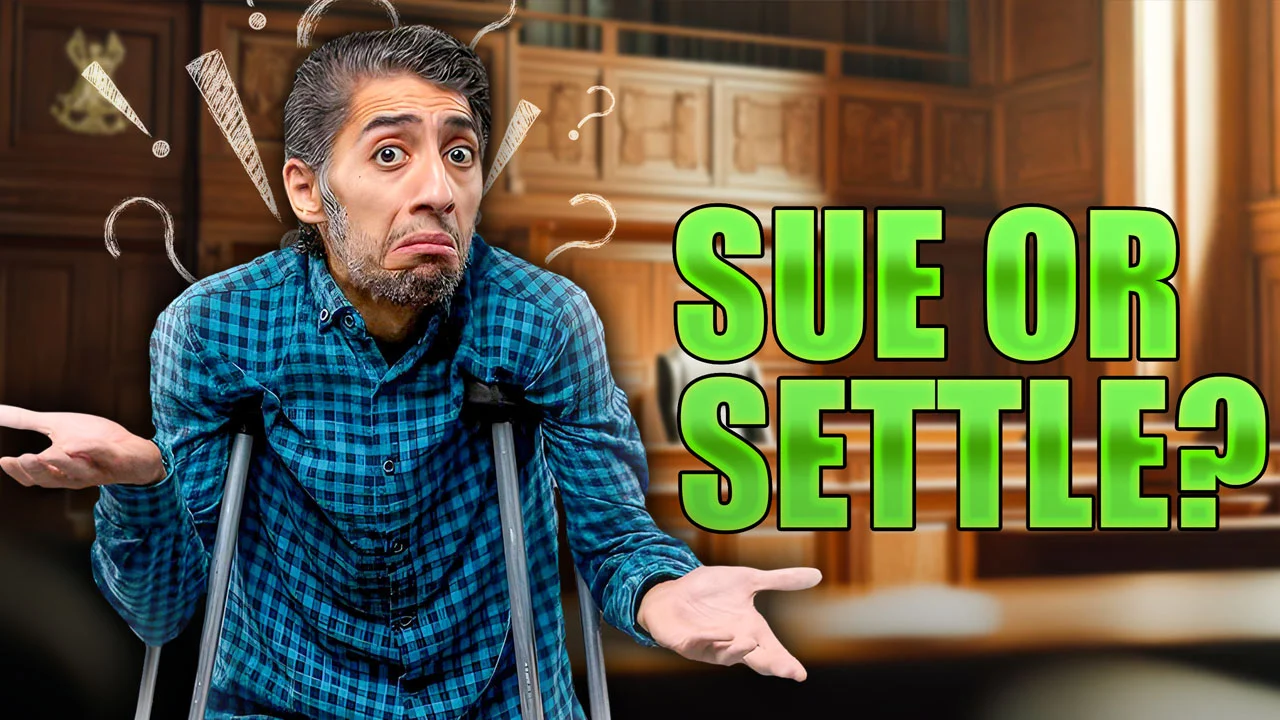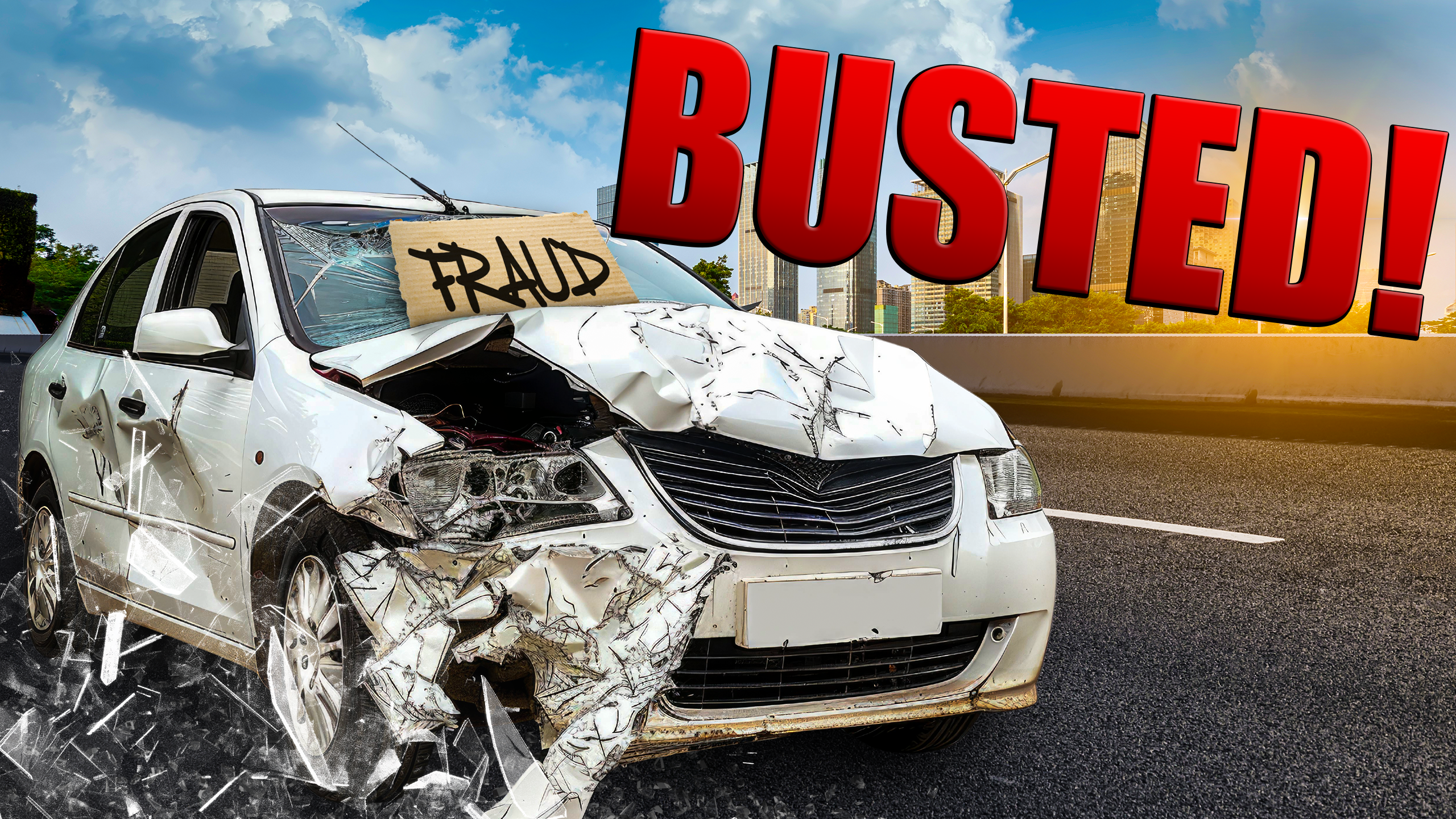Navigating the intricacies of car accident laws and rights can feel like driving through a maze, with each turn leading to a new set of challenges and questions. In the bustling city of Louisville, Kentucky, where traffic can be as unpredictable as the weather, it is crucial to understand the legal framework that governs car accidents.
From determining fault to knowing the insurance requirements, there are numerous factors that come into play. So, fasten your seatbelt and join us as we unravel the legal landscape of car accidents in Louisville, Kentucky.
As we delve into the various aspects of this topic, you’ll gain valuable insights that could make all the difference when it matters most.
Fault Determination in Car Accidents
When determining fault in car accidents, it’s important to consider the evidence and circumstances surrounding the incident. We, as drivers, need to understand that fault can be determined based on various factors, such as eyewitness testimonies, police reports, and physical evidence at the scene. These pieces of evidence can provide valuable information about what happened leading up to the accident and who may be responsible.
Eyewitness testimonies can play a crucial role in determining fault. Their accounts of what they saw and heard can help establish a timeline of events and provide insight into the actions of each driver involved. Additionally, police reports can provide objective information about the accident, including any traffic violations or negligence that may have occurred.
Physical evidence, such as skid marks, damage to the vehicles, and road conditions, can also be instrumental in determining fault. This evidence can help recreate the accident and provide a clearer picture of what happened. It’s important to document this evidence as soon as possible after the accident, as it may deteriorate or be altered over time.
Insurance Requirements in Louisville
Now, let’s shift our focus to the insurance requirements in Louisville, ensuring that we understand the necessary coverage for drivers in this city.
In Louisville, like in most states, drivers are required to carry auto insurance to protect themselves and others in the event of an accident. The minimum insurance requirements in Louisville include liability coverage for bodily injury and property damage. This means that drivers must have insurance that will cover the medical expenses and property repair costs for the other party involved in an accident if they’re found at fault.
In Louisville, the minimum liability coverage limits are as follows: $25,000 for bodily injury per person, $50,000 for bodily injury per accident, and $10,000 for property damage. These limits ensure that drivers have enough coverage to pay for medical expenses and property repairs resulting from an accident. It’s important to note that these are the minimum requirements, and drivers may choose to purchase additional coverage for extra protection.
Additionally, drivers in Louisville may have uninsured motorist coverage and underinsured motorist coverage. These coverages protect drivers if they’re involved in an accident with a driver who doesn’t have insurance or doesn’t have enough insurance to cover the damages.
Understanding the insurance requirements in Louisville is crucial for drivers to ensure they have the necessary coverage in the event of an accident. By meeting these requirements, drivers can protect themselves and others on the road.
Statute of Limitations for Car Accident Claims
The Statute of Limitations for car accident claims in Louisville, Kentucky, sets a specific time limit for individuals to file a legal claim seeking compensation for damages resulting from a car accident. This time limit is crucial because it ensures that claims are filed within a reasonable period after the accident occurs.
In Louisville, the statute of limitations for car accident claims is typically two years from the date of the accident or two years from the date of the last personal injury protection (PIP) benefits payment. This means that individuals have at least two years from the date of the automobile accident to initiate legal proceedings and seek compensation for their injuries and damages.
It is important for individuals involved in car accidents to be aware of this time limit and take prompt action if they wish to pursue a claim. Failing to file a claim within the statute of limitations can result in the loss of the right to seek compensation for their injuries and damages. Therefore, it’s advisable to consult with a car accident lawyer as soon as possible after an accident to ensure that the necessary legal steps are taken within the prescribed time frame.
In some cases, there may be exceptions to the statute of limitations for car accident claims in Louisville. For instance, if the accident involves a minor, the time limit may be extended. However, it’s best to consult with a legal professional to understand the specific circumstances and any potential exceptions that may apply to your case.
Understanding Personal Injury Protection (PIP)
After understanding the statute of limitations for car accident claims in Louisville, Kentucky, it’s important to now delve into the concept of Personal Injury Protection (PIP).
PIP is a type of insurance coverage that can provide benefits to individuals who are injured in a car accident, regardless of who’s at fault. This means that even if you caused the accident, you may still be able to receive compensation for your medical expenses and lost wages through your own PIP coverage.
In Kentucky, PIP coverage is mandatory for all drivers. It typically covers medical expenses, rehabilitation costs, and a portion of lost wages resulting from the accident. The coverage limits for PIP can vary, so it’s important to review your insurance policy to understand the specific benefits and limitations.
One important thing to note about PIP is that it’s considered ‘no-fault’ coverage. This means that you can receive benefits from your own PIP coverage without having to prove that the other driver was at fault for the accident. However, PIP benefits may be limited to certain types of expenses and have certain restrictions, so it’s crucial to understand the terms and conditions of your policy.
Steps to Take After a Car Accident
First and foremost, it’s crucial to prioritize your safety and the safety of others involved in the car accident. After a car accident, it’s natural to feel shocked and overwhelmed, but it’s important to remain calm and take the necessary steps to protect yourself and your rights.
The first step is to move your vehicle to a safe location, if possible, to avoid obstructing traffic or causing further accidents. Once you’re in a safe place, check yourself and others for any injuries and call 911 immediately if medical attention is needed. Even if there are no apparent injuries, it’s still important to seek medical evaluation as some injuries may not be immediately noticeable.
Next, information will be exchanged with the other parties involved. This includes obtaining their names, phone numbers, addresses, insurance information, and license plate numbers. It’s also helpful to take photos of the accident scene, including any damages to the vehicles involved and the surrounding area. These photos can serve as evidence later on.
Afterward, it’s advisable to report the accident to your insurance company as soon as possible. Provide them with a detailed account of what happened and any relevant information you gathered at the scene. It’s essential to cooperate with your insurance company throughout the claims process.
Lastly, consult with a car accident attorney to understand your legal rights and options. They can help you navigate the complex legal process, negotiate with insurance companies, and ensure you receive the compensation you deserve for your injuries and damages.
Frequently Asked Questions
What Should I Do if I Am Involved in a Car Accident With an Uninsured Driver in Louisville, Kentucky?
If involved in a car accident with an uninsured driver in Louisville, Kentucky, you should immediately contact the local authorities, gather evidence, and notify your insurance company. It is important to consult with a lawyer to understand your rights and options. A lawyer can investigate and discover all potential insurance policies available to you for your claim.
Can I File a Lawsuit Against the At-Fault Driver in Addition to Making an Insurance Claim?
Yes, you can file a lawsuit against the at-fault driver even if we make an insurance claim. It allows you to seek additional compensation for damages not covered by insurance.
Are There Any Exceptions to the Statute of Limitations for Car Accident Claims in Louisville?
Yes, there are exceptions to the statute of limitations for car accident claims in Louisville.
How Does Kentucky’s No-Fault Insurance System Affect Car Accident Claims in Louisville?
In Kentucky, the no-fault insurance system plays a significant role in car accident claims in Louisville. It affects how compensation is obtained and requires each driver to rely on their own insurance for coverage, regardless of fault.
What Happens if the At-Fault Driver’s Insurance Coverage Is Insufficient to Cover My Medical Expenses and Damages?
If the at-fault driver’s insurance coverage is insufficient to cover our medical expenses and damages, you will want to pursue a claim for underinsured motorist insurance coverage under the policy covering the vehicle you occupied, any vehicle(s) owned by you or a relative that you reside with. Be careful; it’s best to consult with a lawyer before pursuing an underinsured motorist claim because there are certain actions you must take to preserve your underinsured motorist claim(s).
Conclusion
In conclusion, it’s important to understand the car accident laws and rights in Louisville, Kentucky, to protect yourself and ensure you receive the compensation you deserve. Knowing how fault is determined, the insurance requirements, the statute of limitations for filing claims, and the benefits of Personal Injury Protection can make a significant difference.
Additionally, taking the necessary steps after a car accident can help protect your rights and ensure a smoother claims process. Stay informed and prepared to navigate the aftermath of a car accident effectively. Feel free to reach out to Meagher Injury Lawyers for a free consultation.







